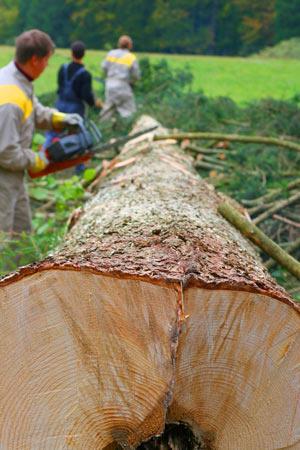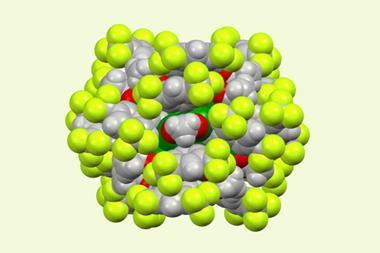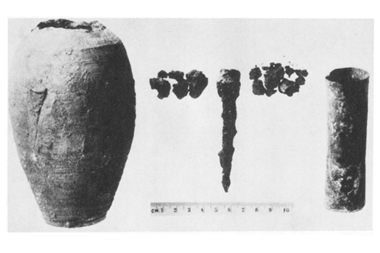Coniferous bio-oil found to be an effective biodiesel stabiliser

Scientists in the UK have used antioxidants isolated from spruce woodchips to stabilise biodiesel.
Biodiesel is typically composed of a mixture of fatty acid esters derived from animal fats and vegetable oils. These compounds are often unsaturated and vulnerable to autoxidation. Autoxidation increases the fuel’s viscosity and generates insoluble polymers, which can block fuel filters and injection systems. Shorter-chain acid and aldehyde byproducts also corrode engine parts. Synthetic stabilisers such as butylated hydroxytoluene (BHT) can help prevent autoxidation, but antioxidants obtained from renewable sources for this purpose are rare.
Moray Stark and colleagues at the University of York have now demonstrated that bio-oil phenols, produced using microwave-enhanced pyrolysis of spruce woodchips, can stabilise biodiesel with comparable results to commercial antioxidants. They assessed crude spruce bio-oil and phenolic extracts for their ability to delay the autoxidation of methyl linoleate at high temperatures. Interestingly, the crude bio-oil was the most effective of the renewable antioxidants analysed.
These findings could have particular significance given the role biofuels are expected to play in meeting future energy and transport fuel demands.
References
A S Alwehaibi, D J Macquarrie and M S Stark, Green Chem., 2016, DOI: 10.1039/c5gc02520f












No comments yet